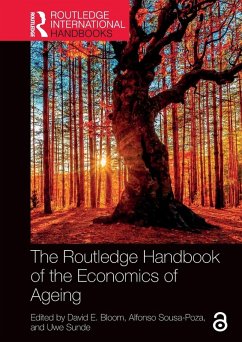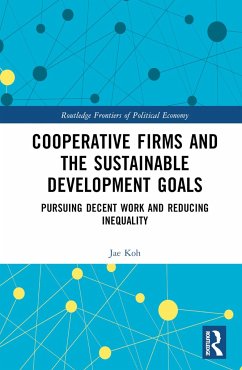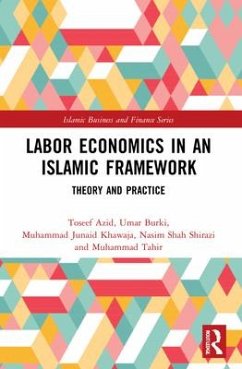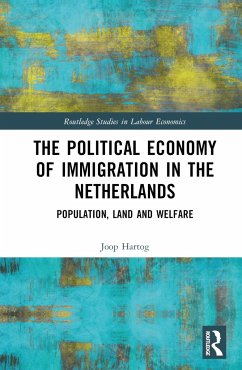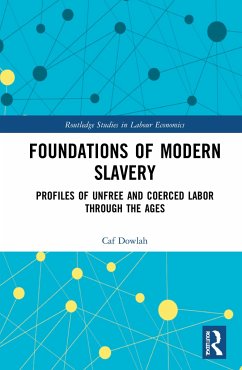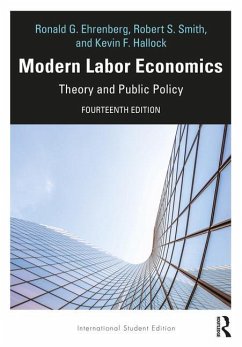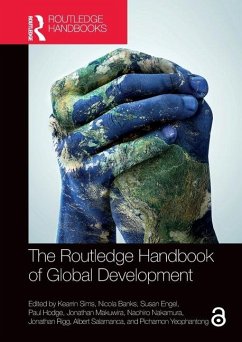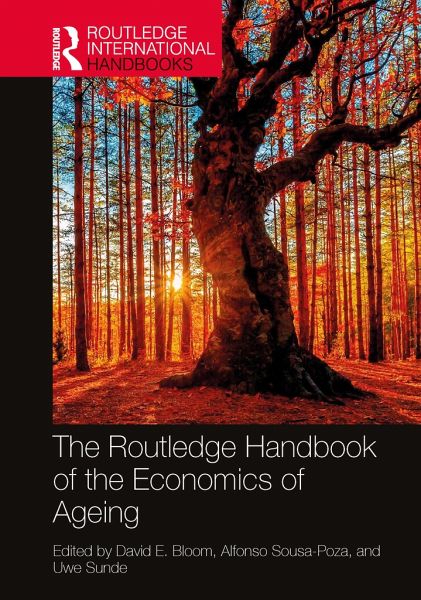
The Routledge Handbook of the Economics of Ageing
Versandkostenfrei!
Versandfertig in 6-10 Tagen
230,99 €
inkl. MwSt.
Weitere Ausgaben:

PAYBACK Punkte
115 °P sammeln!
Ageing populations pose some of the foremost global challenges of this century. Drawing on an international pool of scholars, this cutting-edge Handbook surveys the micro, macro and institutional aspects of the economics of ageing.Structured in seven parts, the volume addresses a broad range of themes, including health economics, labour economics, pensions and social security, generational accounting, wealth inequality and regional perspectives. Each chapter combines a succinct overview of the state of current research with a sketch of a promising future research agenda.This Handbook will be a...
Ageing populations pose some of the foremost global challenges of this century. Drawing on an international pool of scholars, this cutting-edge Handbook surveys the micro, macro and institutional aspects of the economics of ageing.
Structured in seven parts, the volume addresses a broad range of themes, including health economics, labour economics, pensions and social security, generational accounting, wealth inequality and regional perspectives. Each chapter combines a succinct overview of the state of current research with a sketch of a promising future research agenda.
This Handbook will be an essential resource for advanced students, researchers and policymakers looking at the economics of ageing across the disciplines of economics, demography, public policy, public health and beyond.
Chapter 37 of this book is freely available as a downloadable Open Access PDF at http://www.taylorfrancis.com under a Creative Commons Attribution (CC-BY) 4.0 license.
Structured in seven parts, the volume addresses a broad range of themes, including health economics, labour economics, pensions and social security, generational accounting, wealth inequality and regional perspectives. Each chapter combines a succinct overview of the state of current research with a sketch of a promising future research agenda.
This Handbook will be an essential resource for advanced students, researchers and policymakers looking at the economics of ageing across the disciplines of economics, demography, public policy, public health and beyond.
Chapter 37 of this book is freely available as a downloadable Open Access PDF at http://www.taylorfrancis.com under a Creative Commons Attribution (CC-BY) 4.0 license.




